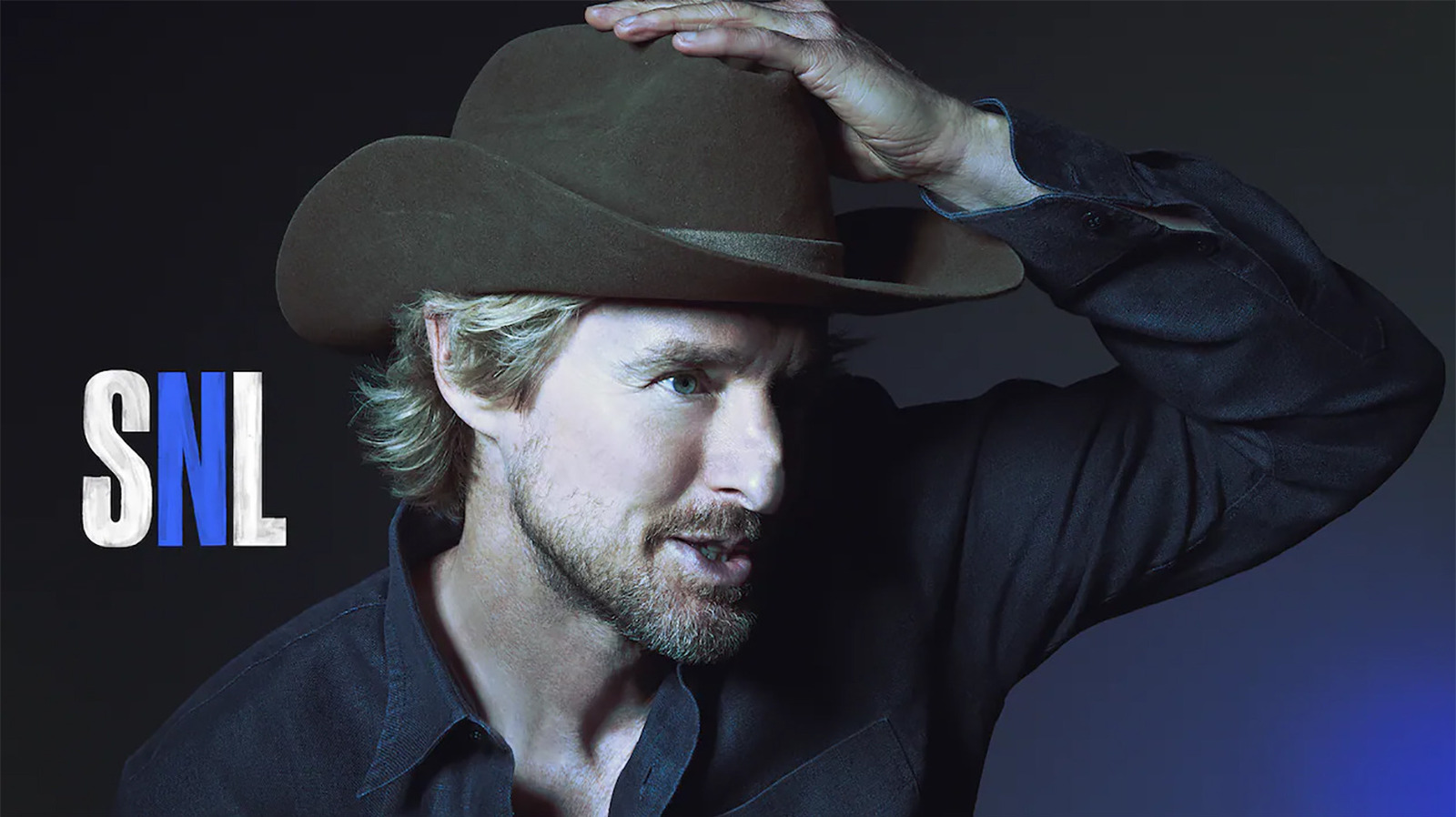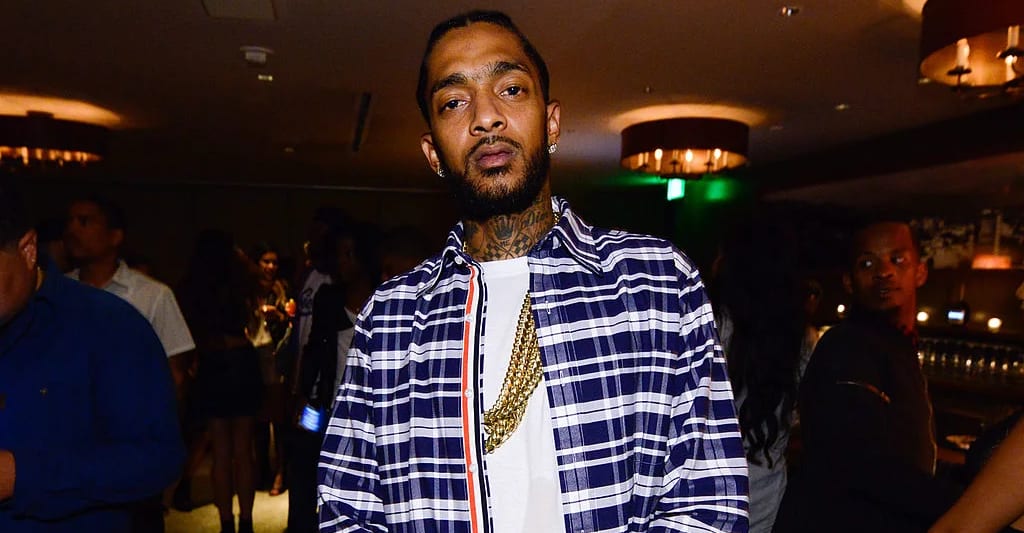#Disney’s New Balance of Power Raises Succession, Spinoff Questions

Table of Contents
Disney’s New Balance of Power Raises Succession, Spinoff Questions
In his first earnings report back as Disney CEO, Bob Iger unveiled a structure that places power back in the hands of the creatives but also raises questions about succession and the fate of two key company assets. Under Iger’s Feb. 8 plan, the empire is divided up three ways: Disney Entertainment, including the company’s streaming business, and all its non-ESPN media and content offerings under the leadership of Alan Bergman and Dana Walden; ESPN, led by Jimmy Pitaro; and Disney Parks, Experiences and Products, with Josh D’Amaro still in charge.
All of this, as well as a plan to cut costs to the tune of $5.5 billion, is in pursuit of achieving streaming profitability by fiscal year 2024, Iger emphasized. “There’s a lot to accomplish. But let me be clear, this is my number one priority,” he told investors on the Feb. 8 earnings call. “We are focused on the success of our streaming business and the return it generates for our shareholders long into the future.”
Of course, in segmenting out the company in this way, the new plan can’t help but point to possibilities for succession, one of Iger’s other main tasks as returning CEO. His current contract ends Dec. 31, 2024, assuming he doesn’t extend it … again. It also thrusts ESPN and Hulu back into the spotlight, as speculation rises about the possibility of selling off the brands.
On the succession front, the latest restructuring bodes well for Walden, who is among the internal favorites to take over from Iger. The two are already tight and remained so during Iger’s time away; in fact, the pair regularly took walks together near their Westside L.A. homes. Now back at the helm, his latest move gives Walden an even bigger footprint, with control of Disney’s global steaming operation (alongside Bergman) in addition to its linear plays, save for ESPN.
Included in that is considerably more executive function, giving her both operational and financial control, which she didn’t previously have in Bob Chapek’s now-dismantled Disney Media and Entertainment Distribution structure. This could help dull one of the knocks against Walden in the succession race, which has been that she lacks the business-side experience to be the CEO of a major public company. Rightly or wrongly, Walden has historically been perceived as a creative maestro who was then paired with a business executive; for many years, that suit was Gary Newman.
The other knock has been that Walden doesn’t have real film experience, having come up through the television side (notably, as Iger did). And while the new structure keeps Bergman firmly in control of Disney’s film business, Walden should at least have visibility into the operation by virtue of their co-chair titles (ditto for Bergman into TV). To be sure, filmmakers should not expect her to be weighing in on such things as what movies are made, just as Bergman won’t be telling Walden what TV series to order, but they will both be keyed in on all top decisions given that the film and TV operations now operate as one.
For Bergman, another possible successor, the restructuring is widely seen as a major vote of confidence by Iger. Unlike Walden, Bergman has kept a lower profile during his nearly 30-year Disney tenure. He’s long been seen as the suit internally, though some inside suggest that sells the studio chief short. “He’s been a silent killer his entire career,” says a source who’s had numerous dealings with Bergman. Now, he comes to the new setup from a source of power: As chair of Disney Studios Content, which includes Marvel Studios (where Kevin Feige is an ally), Bergman heads the multiple movie divisions that fuel Disney’s content engine.
To that end, the marriage of Walden and Bergman seems logical and even formidable — in fact, as industry sources have noted in recent days, it could have legs beyond the current structure, maybe even as co-CEOs one day. “This definitely solidifies their power,” says a rival executive. Nearer term, however, the two are seen as key to accomplishing Disney’s streaming profitability target. “I think having executives who are more than capable, they’re extremely successful, decide what content to make and where to put it and how to monetize it probably will not only be smoother, but hopefully drive profitability,” Bank of America analyst Jessica Reif Ehrlich says.
The restructuring also gives Iger alternatives and flexibility in achieving that profitability goal. One possibility, which appears to be increasingly in play, is the sale of Hulu. Disney retains a 66 percent stake in the streamer, while Comcast owns the rest. Starting in January 2024, Comcast can use its put option to require Disney to buy its stake, or Disney can use its buy option to tell Comcast to sell its stake. Chapek had expressed an interest in buying out Comcast during his tenure (and Comcast had also expressed an interest in ownership), but now Iger appears less sure, going on CNBC on Feb. 9 to say that “everything is on the table right” in terms of Hulu’s fate.
In fact, Disney is said to have hired Goldman Sachs to explore different paths, even as some analysts are skeptical of Iger’s maneuvering. “While Iger has expressed in recent interviews that Hulu is less of a priority, we think this is posturing,” J.P. Morgan analysts wrote in a Feb. 10 note, mentioning that it’s more likely that Disney buys Comcast’s stake for around $9 billion.
Nevertheless, selling Hulu, rather than having to write a multibillion-dollar check, could bring an influx of cash as Disney tries to stem its streaming losses and clarify its streaming strategy. As analyst Rich Greenfield’s Lightshed Partners noted Feb. 7, even though there has been some notable programming on Hulu, including The Bear and Fleishman Is in Trouble, these shows still have not charted within Nielsen’s most-watched streaming shows. “It is hard to see why Hulu is a must-have asset regardless of whether or not Disney chooses to continue investing in adult-focused programming for Disney+ or pivot solely to kids/family programming,” the analysts wrote.
It’s also hard to see who else is in the market to buy Hulu, given the high price tag. And, depending on the buyer, it’s unclear what content would remain on the platform. Hulu’s current programming is made up of licensed Disney content, which includes FX as well as programming from Fox, which renewed its deal in January. (Comcast’s NBCUniversal recently took its content off the platform.) In the interim, producers and reps say Hulu’s hot-potato status won’t impact sellers from taking pitches there. After all, as one former network exec notes, “Every buyer is a hot potato.”
Siphoning off ESPN into its own sector also gave rise to questions about selling that segment, even if live sports still reliably draws an audience (and advertisers), with the profits ultimately going to support Disney’s streaming efforts. And, as Iger acknowledged, the goal is to transition more of ESPN to streaming eventually, where its live sports content will likely be a draw for streaming subscribers. Additionally, as Ehrlich notes, selling ESPN at this time, given the pressure on the linear business, could mean that Disney would have to sell at a much lower price than what the cable network may even be worth. The Bank of America analyst adds, “It just, financially, doesn’t really make sense.”
A version of this story first appeared in the Feb. 15 issue of The Hollywood Reporter magazine. Click here to subscribe.
If you liked the article, do not forget to share it with your friends. Follow us on Google News too, click on the star and choose us from your favorites.
For forums sites go to Forum.BuradaBiliyorum.Com
If you want to read more Like this articles, you can visit our Social Media category.



